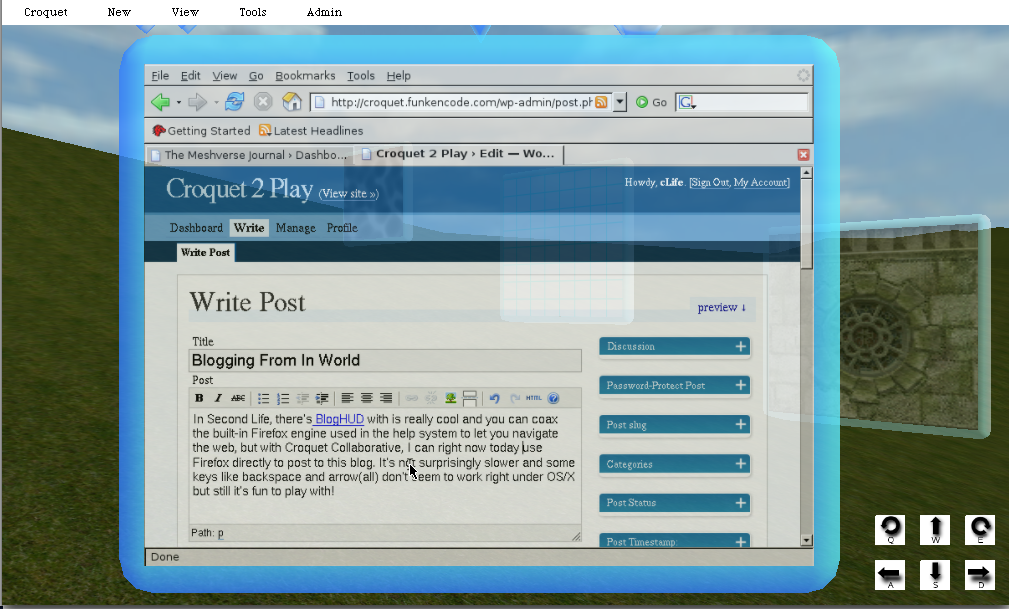I grant I wasn’t there, but pretty much everyone who was seems to think the D.C. Circuit oral argument in the Comcast/BitTorrent case was an utter disaster for the FCC/pro-NN forces and a total triumph for Comcast. Given my previously voiced opinion about the judicial activists on the D.C. Circuit, I can’t say this surprises me even in light of the previous precedent. Indeed, from what I have heard, the D.C. Circuit appeared breathtakingly eager to rush past the procedural issues and declare that the FCC has absolutely no jurisdiction to regulate anything an ISP ever does, ever.
So why has Comcast, which (along with its trade association) has argued that it would violate its First Amendment rights for the FCC to regulate its conduct as an ISP, posted this blog entry to explain that of course they totally support FCC regulation of broadband ISPs, under the right circumstances, etc.?
Answer: Comcast fears to win too much. For Comcast (and other broadband providers), the ideal world consists of an FCC with jurisdiction but no authority. That is to say, they want an FCC that appears to have authority to do something, but when push comes to shove is prevented from actually doing anything Comcast doesn’t like. Which is why Comcast wanted to win on procedure and, perhaps, get the court to threaten the FCC that it had no authority. In that universe (which could still come to pass), Comcast could keep Congress from giving the FCC explicit authority by saying it has jurisdiction but keep the FCC from doing anything by claiming that it lacked authority for any specific action.
But there is every indication that the D.C. Circuit will go much further, and find that the FCC has no jurisdiction to even consider regulation of ISP behavior no matter what the circumstances, because it doesn’t believe that ancillary authority exists. While that sounds like exactly what Comcast would want, it scares them silly. Because even the fear of this sort of huge loss creates a panic that could lead Congress explicitly delegating the FCC extremely clear and unambiguous authority.
More, including a shout out to all my fellow Buffy the Vampire Slayer fans, below . . . .
UPDATE: According to this blog post by Washpo Reporter Cecilia Kang, I’m not the only one thinking this way. A few more choice remarks from NCTA’s Kyle McSlarrow about how the FCC’s role is to be a big ATM for his members may get even this Congress off it’s rear end.




